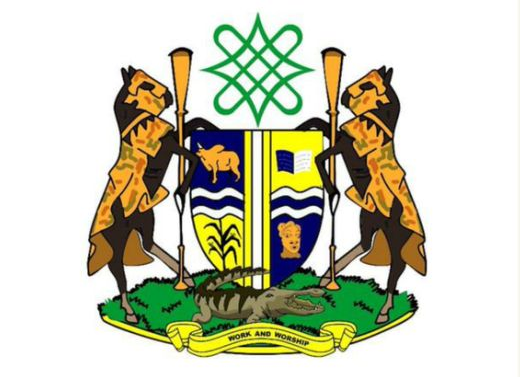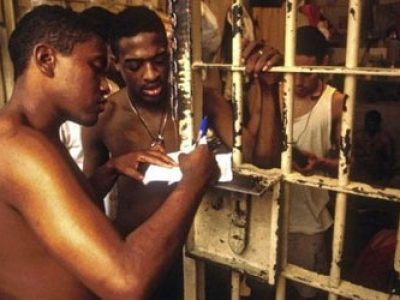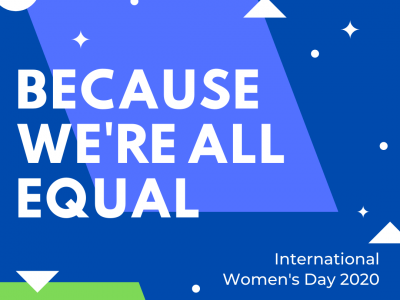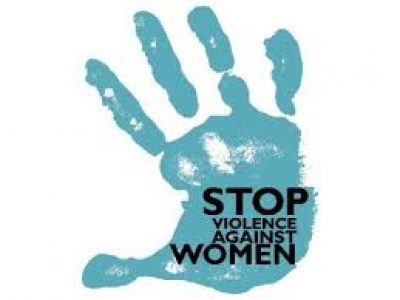
OP-ED ON THE 2016 KADUNA RELIGIOUS PREACHING BILL
“A Bill for a Law to Substitute the Kaduna State Religious Preaching Law,1984”
Kaduna state, located in the North Western part of Nigeria is a trade center and a major transportation hub for the surrounding areas in Northern Nigeria.
The State has a mixed religious outlook – mainly Christians and Muslims. As a result of previous violent uproars between Christians and Muslims, the state is segregated; with Muslims predominantly residing in the Northern parts of the state and Christians in the Southern part.
The 2016 bill entitled “A Bill for a Law to Substitute the Kaduna State Religious Preaching Law,1984” as presented by the Kaduna state governor contains all the details as previously mentioned in the 1984 law with a few changes. The licensing period has been increased to not more than 1 year, the option of fine upon conviction as a penalty has been reintroduced. Section 12 prohibits playing religious cassettes and using a loudspeaker for religious purposes after 8pm. A part of section 12 also prohibits carrying of weapons (concealed or not) in places of worship.
The bill establishes the JAN (Jama’atu Nasir- Islam) equally representing the Izala and Darika Islamic religious groups committee, the CAN (Christian Association of Nigeria) committee and an inter-faith ministerial committee to regulate the affairs of religious institutions in the state. The ministerial committee is to be comprised of (a) A Chairman; appointed by the Governor on the recommendation of the Secretary to the State government, (b) Special adviser to the governor on Internal security, (c) Most senior adviser to governor on Inter- faith matters, (d) A
member representing JNA and CAN, (e) Representative of the ministry of justice, (f) One representative each from the Nigerian police, Department of state security and the NSCDC not below the rank of Superintendent of police or its equivalent.
On the Local government level, a committee is to be established to screen applications for licenses submitted by religious institutions before recommendation to the ministerial committee for approval. The committee is to
consist of; (a) Chairman and co- chairman each representing the 2 major religions to be appointed by the governor on the recommendation of the Local government chairman, (b) Representative of police not below the rank of assistant superintendent, (c) 2 muslims ( Representing both the Izala and Darika religious groups), (d) 2 representatives of CAN. the committee is to ensure compliance with the terms of the license so issued and register accredited preachers of all religious groups and organizations in the Local government area.
There are some concerns about some portions of the bill such as the restriction of playing religious recordings outside of one’s house, front porch and church/mosque. The proposed law states that the use of loudspeakers in vehicles to play religious recordings is prohibited. Thus, if Christian/Muslim music or religious recordings are played at an appropriate volume as it should be, without being heard by surrounding people or vehicles, it should not be a problem. This provision can be seen in the light of ensuring that there is respect of other
people’s personal space and an attempt at regulating noise pollution.
Other areas of concern are:
1. Issuance of licenses to the religions institutions:
To register a company in Nigeria there is a certain criteria you must meet. The same goes with obtaining NAFDAC registration for food or drugs. There are conditions to be met for an application to even be considered for registration. In view of this it would be necessary for the appropriate authority to come up with clear guidelines that should be met for religious institutions to be registered. The guidelines should be arrived at after careful consultation putting into consideration that the ‘Big’ religious organisations do not get an unfair advantage
over the upcoming ones.
2. Stipulated time limit for religious activities which is 8pm:
The time limit could be adjured to be in favour of the Muslims and Orthodox Christian Churches. Pentecostal and some other churches have night vigils, at the end of the year there are cross over services. How can this be accommodated in setting a time limit for the activities of religious institutions?
3. CAN and / JAN:
It has also been observed that not all religious institutions in the state are registered with CAN or JAN. Does this mean that to obtain a license in the state, all religious organizations must be registered with these two governing bodies?
4. Role of NSCDC:
One of the core mandates of the NSCDC as stated in its enabling act is to monitor religious institutions and by virtue of the amendment to its 2007 Act, it clearly states that the purpose of the monitoring of the religious institution is to gather intelligence information so as to prevent religious unrest. By virtue of this provision, the NSCDC has been included in the ministerial committee created to regulate the affairs of of religious institutions in the state. They should also play a more active role in the implementation of the religious preaching bill if passed into law.
Finally, there is need for massive awareness raising and sensitisation of the people so that the proposed bill is not misunderstood and the fears of the people are addressed.




